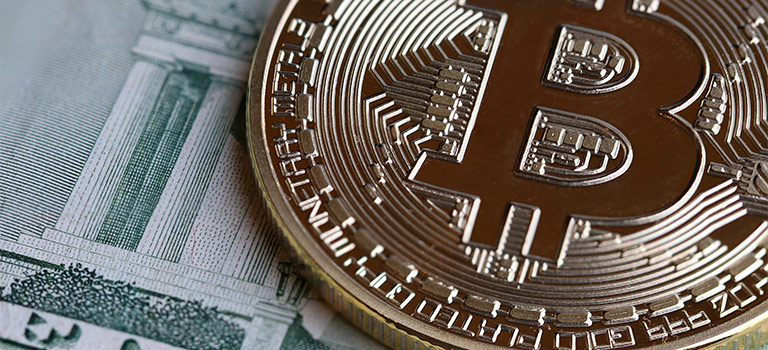PALO ALTO, Calif. (Reuters) - The Federal Reserve is looking at a broad variety of problems around digital payments and currencies, consisting of policy, design and legal factors to consider around possibly issuing its own digital currency, Governor Lael Brainard said on Wednesday. Brainard's remarks recommend more openness to the possibility of a Fed-issued digital coin than in the past." By changing payments, digitalization has the prospective to deliver greater worth and convenience at lower cost," Brainard said at a conference on payments at the Stanford Graduate School of Company.
Reserve banks globally are debating how to handle digital financing technology and the distributed journal systems used by bitcoin, which guarantees near-instantaneous payment at potentially low cost. The Fed is establishing its own day-and-night real-time payments and settlement service and is currently examining 200 remark letters sent late in 2015 about the suggested service's style and scope, Brainard stated.
Less than 2 years ago Brainard informed a conference in San Francisco that there is "no compelling showed need" for such a coin. But that was prior to the scope of Facebook's digital currency ambitions were extensively understood. Fed authorities, including Brainard, have raised issues about consumer securities and information and personal privacy risks that could be posed by a currency that might enter use by the 3rd of the world's population that have Facebook accounts.
" We are teaming up with other reserve banks as we advance our understanding of reserve bank digital currencies," she stated. With more countries checking out providing their own digital currencies, Brainard said, that contributes to "a set of reasons to likewise be making sure that we are that frontier of both research and policy advancement." In the United States, Brainard said, issues that need research study include whether a digital currency would make the payments system much safer or simpler, and whether it could posture monetary stability dangers, including the possibility of bank runs if cash can be turned "with a single swipe" into the central bank's digital currency.
To counter the monetary damage from America's extraordinary nationwide lockdown, the Federal Reserve has taken extraordinary actions, including flooding the economy with dollars and investing directly in the economy. The majority of these relocations got grudging acceptance even from lots of Fed doubters, as they saw this stimulus as required and something only the Fed could do.
My new CEI report, "Government-Run Payment Systems Are Unsafe at Any Speed: The Case Against Fedcoin and FedNow," details the dangers of the Fed's present strategies for its FedNow real-time payment system, and proposals for main bank-issued cryptocurrency that have actually been called Fedcoin or the "digital dollar." In my report, I discuss issues about privacy, data security, currency adjustment, and crowding out private-sector competition and innovation.
Supporters of FedNow and Fedcoin say the federal government must develop a system for payments to deposit instantly, rather than motivate such systems in the personal sector by lifting regulatory barriers. But as kept in mind in the paper, the private sector is supplying an apparently unlimited supply of payment innovations and digital currencies to solve the problemto the level it is a problemof the time space in between when a payment is sent out and when it is gotten in a checking account.

And the examples of private-sector innovation in this location are numerous. The Cleaning Home, a bank-held cooperative that has been routing interbank payments in different forms for more than 150 years, has actually been clearing real-time payments because 2017. By the end of 2018 it was covering 50 percent of the deposit base in the U.S.